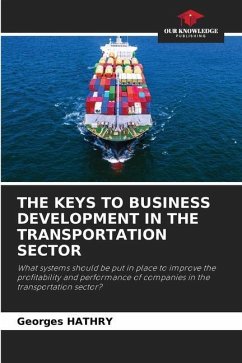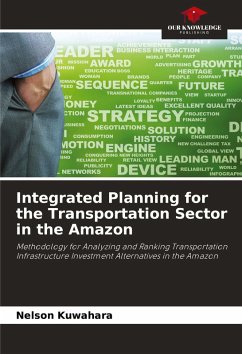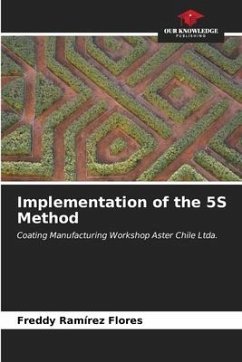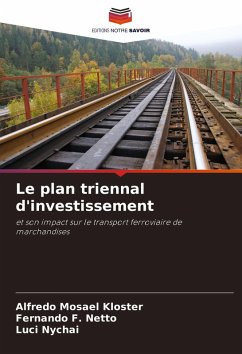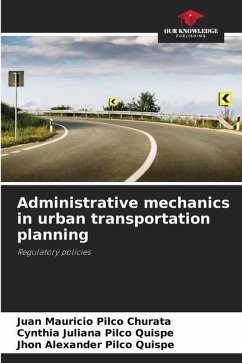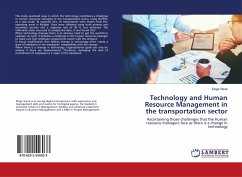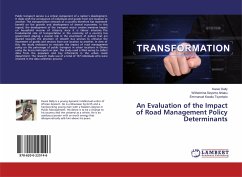
The Triennial Investment Plan
and its impact on rail freight transportation
Versandkostenfrei!
Versandfertig in 6-10 Tagen
41,99 €
inkl. MwSt.

PAYBACK Punkte
21 °P sammeln!
The rail freight modal underwent transformations starting in the 1990s through the privatization process and the Logistics Investment Program (PIL) aimed at modernizing the country's transport infrastructure. The PIL established guidelines aimed at re-establishing integrated transport planning. It focused on the efficiency of transport infrastructure, reducing costs and increasing operational quality and services, with the aim of increasing the country's economic competitiveness. One of the requirements of the PIL was the Three-Year Investment Plan (PTI) as a contractual obligation present in ...
The rail freight modal underwent transformations starting in the 1990s through the privatization process and the Logistics Investment Program (PIL) aimed at modernizing the country's transport infrastructure. The PIL established guidelines aimed at re-establishing integrated transport planning. It focused on the efficiency of transport infrastructure, reducing costs and increasing operational quality and services, with the aim of increasing the country's economic competitiveness. One of the requirements of the PIL was the Three-Year Investment Plan (PTI) as a contractual obligation present in all concession contracts signed with rail concessionaires in Brazil, obliging them to invest every three years. This study aimed to analyze the impact of investments on production and safety in rail freight transport.





